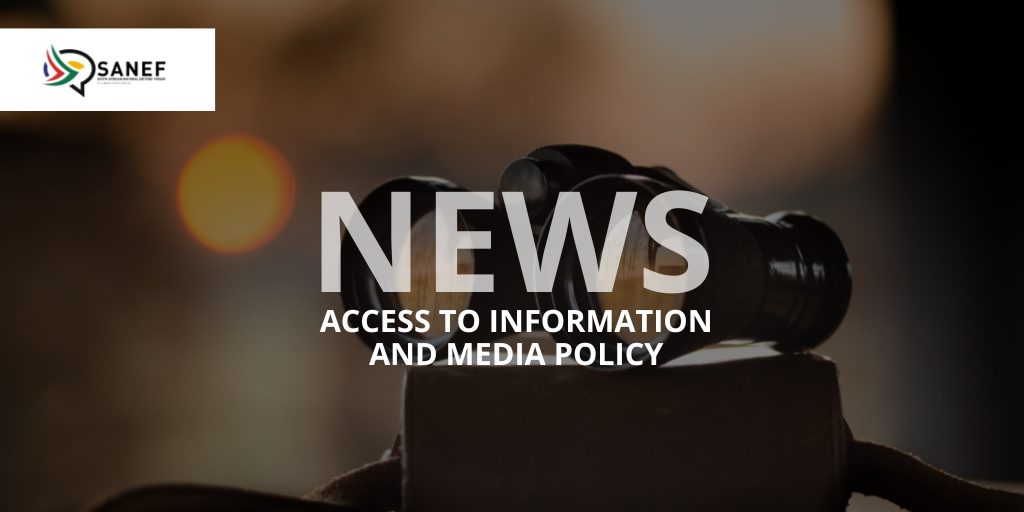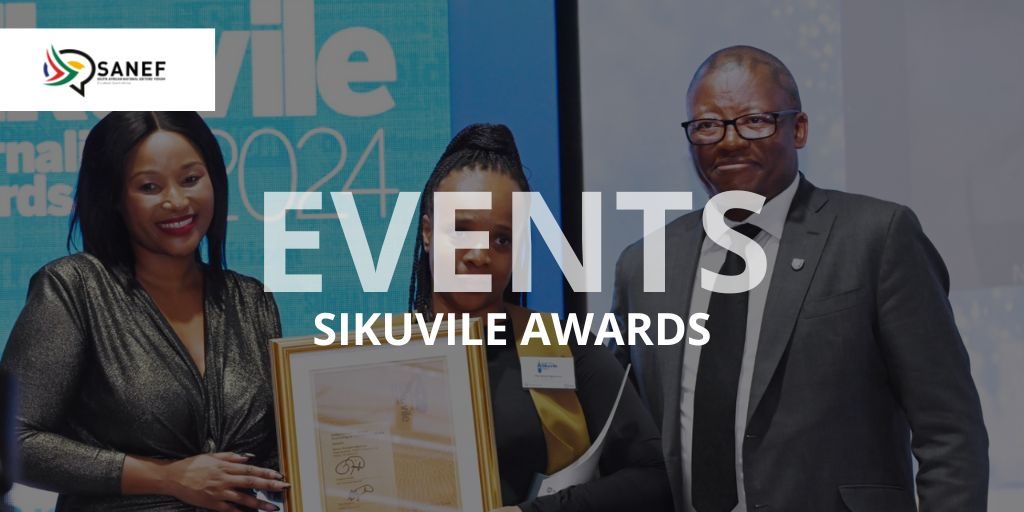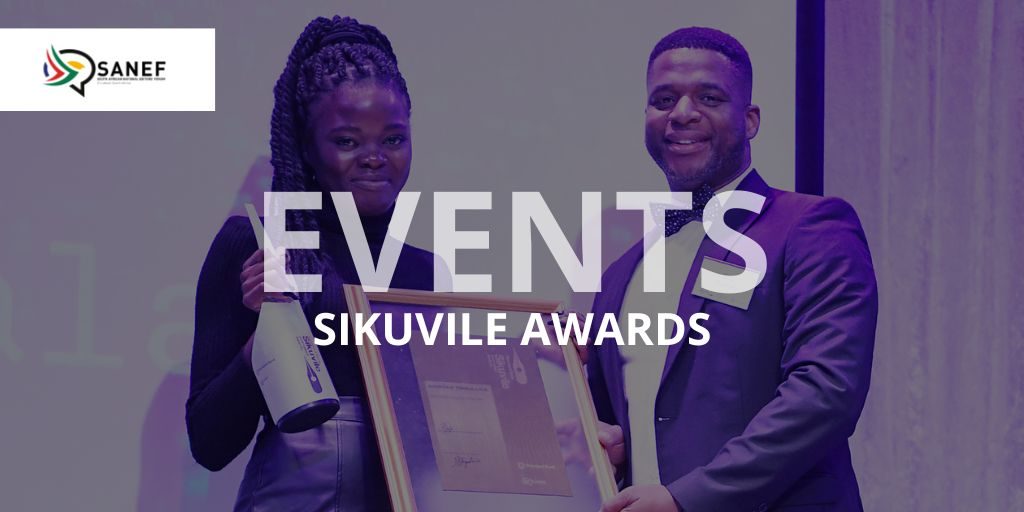Magistrates’ Commission Sets Guidelines Regarding Media Access to Courts
After months of campaigning for media access to the magistrates’ courts, the South African National Editors’ Forum (SANEF) is pleased to report that the Magistrates’ Commission has set national guidelines regarding media access to court proceedings. They also describe procedures for applications for permission to photograph, film or record court proceedings, primarily, high profile cases.
The guidelines are meant to assist magistrates around the country strike a balance between the media’s right to report, broadcast and publish court proceedings and the right to a fair trial. There have been certain conflicts between the right to freedom of expression and the open justice principle, on the one hand, and the right to a fair trial, as well other competing constitutional rights such as the privacy of the witnesses and other interested or affected parties, on the other hand.
Click here to access the Guidelines.
Click here to access the Notice of Application for Media Access to Courts
SANEF believes that these guidelines reinforce freedom of the press as well as the country’s democracy that recognises the fact that the court must be open and accessible to the public unless there is a good reason not to. These rights are enshrined in the Constitution. The Constitution endorses freedom of expression, including the freedom of the press and other media and the freedom to receive or impart information.
However, SANEF has had to condemn an increasing number of incidents involving members of the Metro police and SAPS who prevented journalists from reporting on court proceedings where neither the justice department nor the magistrate gave a directive to bar the journalists.
In April 2020, the media was stopped from entering the courts in Cape Town to report on the case of 55-year-old Stephen Birch of Parow who was arrested for posting a disinformation video about contaminated COVID-19 test kits. Birch has been released on a warning to appear in court for a second time for contravening regulation 11 (5) of the National Disaster Management Act. Police physically removed journalists who were there to report the proceedings – and did not give reasons for ejecting the media.
In January 2020, SAPS officials barred journalists from using electronic devices, including laptops and taking pictures inside the Durban Commercial Crimes court during the appearance of former Ethekwini Mayor Zandile Gumede. Gumede and her co-accused, are implicated in a 2016 R389-million Durban Solid Waste tender contract. This was not the decision or the order of the presiding magistrate.
The guidelines are clear that all representatives of the media “shall have the right to attend any court proceedings to report on such proceedings”. They also state that reporting should not in any way interfere with proceedings and it should be balanced and fair.
SANEF has also made unsuccessful applications in the past on behalf of media houses urging the court to allow journalists to broadcast court proceedings. The guidelines now stipulate that courts “ought not to restrict the nature and scope of the coverage, broadcasting and publication unless prejudice is demonstrable”. It says that mere conjecture or speculation that prejudice might occur is not to be enough”.
We call on all media houses and court reporters to become familiar with these guidelines. If The guidelines grant the media the right to take still photographs, and video footage during court proceedings, in the following circumstances, unless the court otherwise directs:
- Court activities for fifteen minutes before the commencement of proceedings each day;
- During any adjournment of proceedings or at the end of proceedings;
- Any argument presented to the court where no evidence is led including but not limited to opening and closing argument and sentencing; and
- Judgment and/or any other judicial rulings.
Lastly, the guidelines also state that individual journalists may record the proceedings on handheld digital devices, including mobile telephones and may use such digital devices to take photographs where no flashes are used without disrupting the proceedings.
SANEF regards the guidelines as a milestone after months of engaging the Magistrates’ Commission. We believe they will go a long way towards facilitating a cordial working relationship between the courts and the media in South Africa.
Note to Editors: The South African National Editors’ Forum (SANEF) is a non-profit organisation whose members are editors, senior journalists and journalism trainers from all areas of the South African media. We are committed to championing South Africa’s hard-won freedom of expression and promoting quality, ethics and diversity in the South African media. We promote excellence in journalism through fighting for media freedom, writing policy submissions, research and education and training programmes. SANEF is not a union.
For more information please contact:
- Sbu Ngalwa – SANEF Chairperson (073) 404-1415
- Adriaan Basson – SANEF Deputy Chairperson (082) 562-2113
- Mahlatse Mahlase – Secretary General (083) 399-2852
- Nwabisa Makunga – Treasurer (082) 555-1972
- Mary Papayya – SANEF Media Freedom Chair (082) 379-4957
- Asanda Ngoasheng – Western Cape Convenor – 082 610 9374
- Judy Sandison – SANEF KZN Convenor (082) 571-3334
- Katy Katopodis – SANEF Gauteng Convenor (082) 805-7022
- Chiara Carter – SANEF Eastern Cape Convenor (082) 659-9162
- Kate Skinner – SANEF Executive Director – (082) 926-6404
Socials
Twitter: @SAEditorsForum
Email: [email protected]
Website: SANEF





